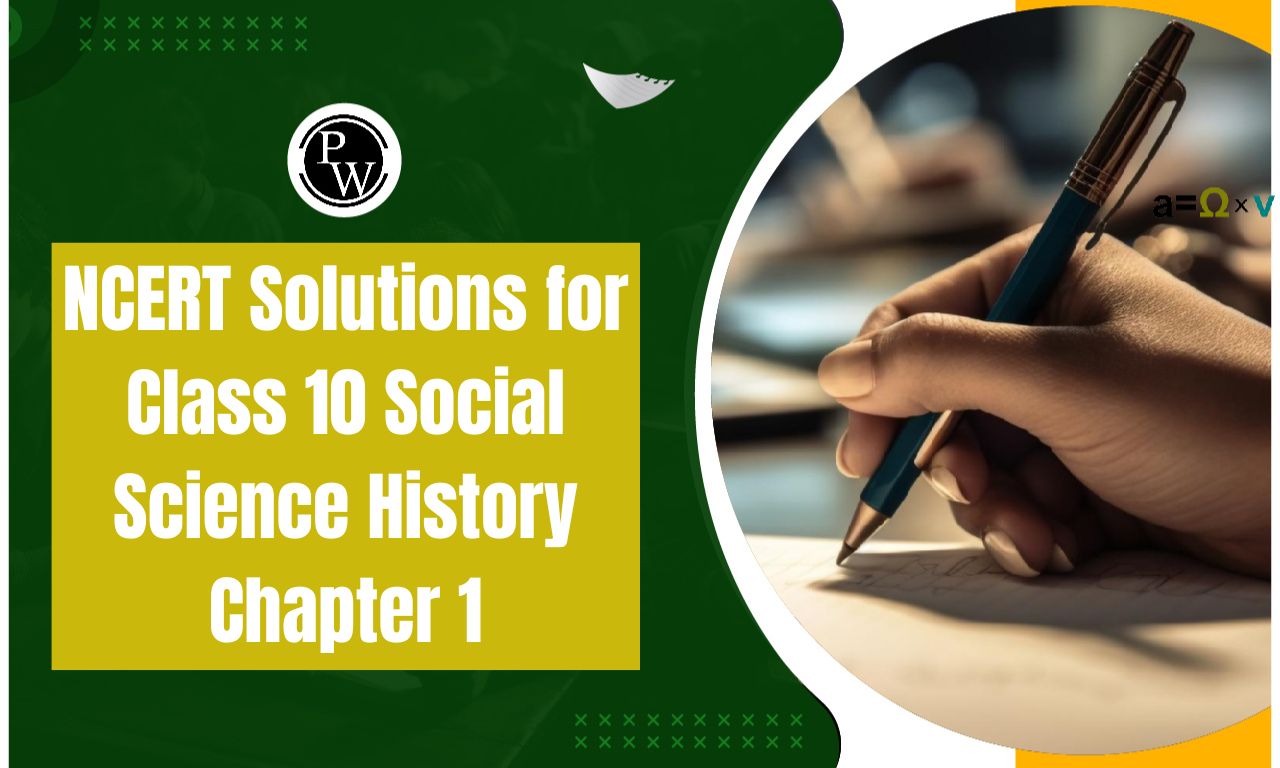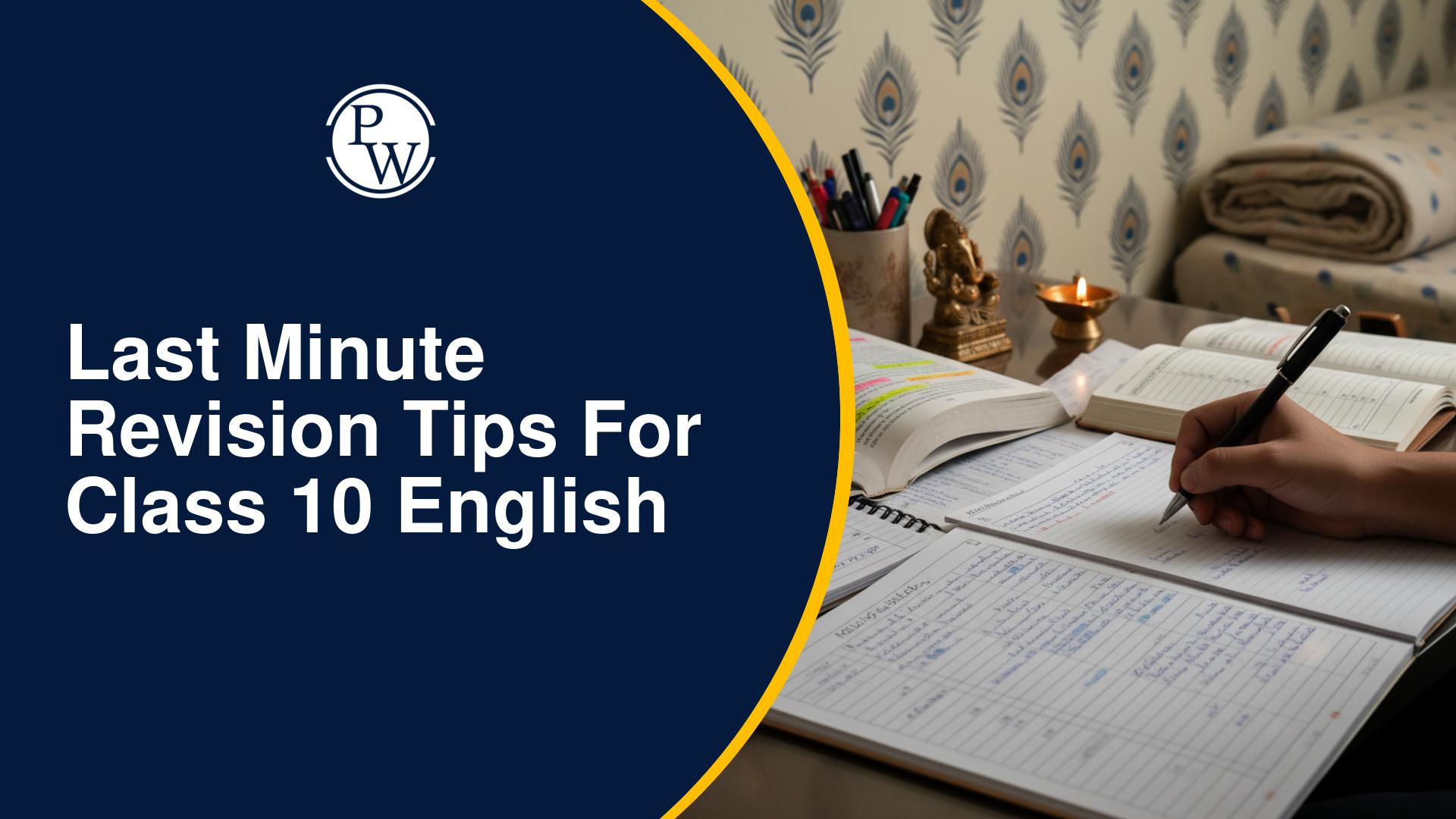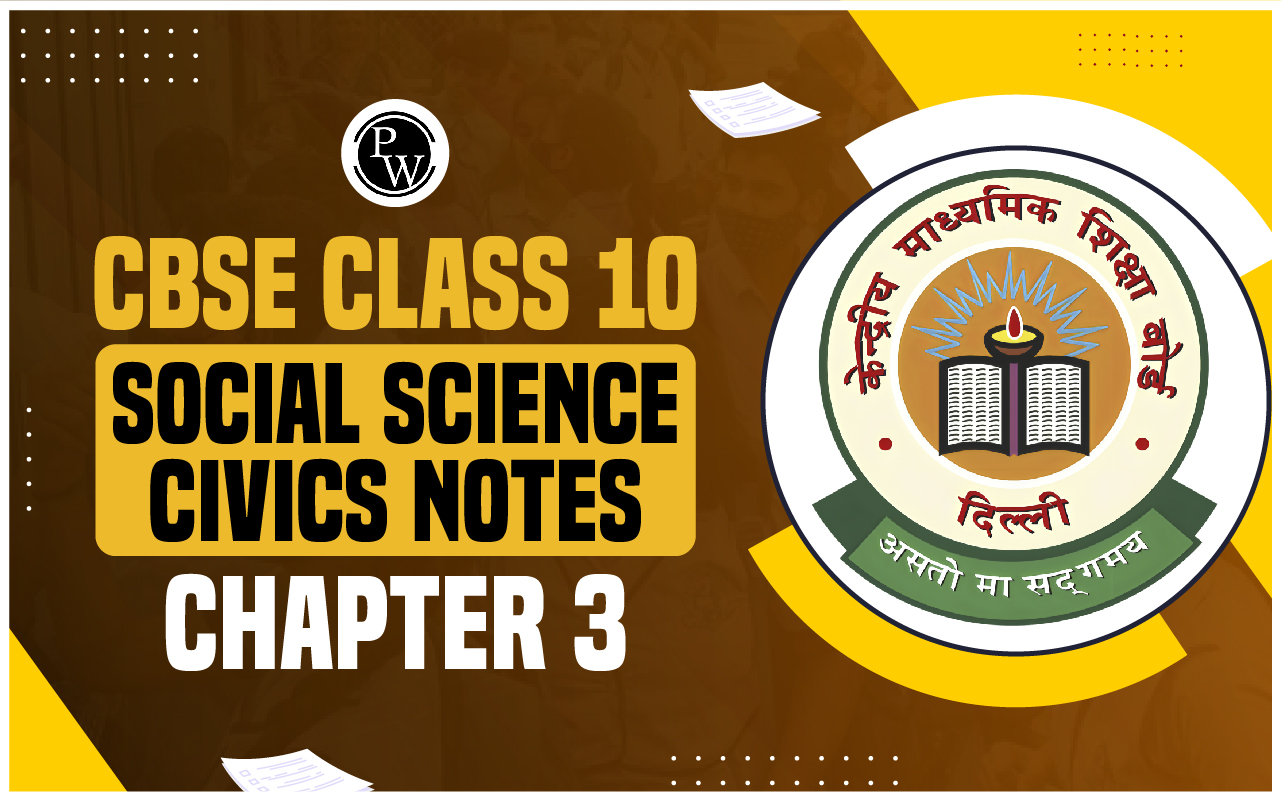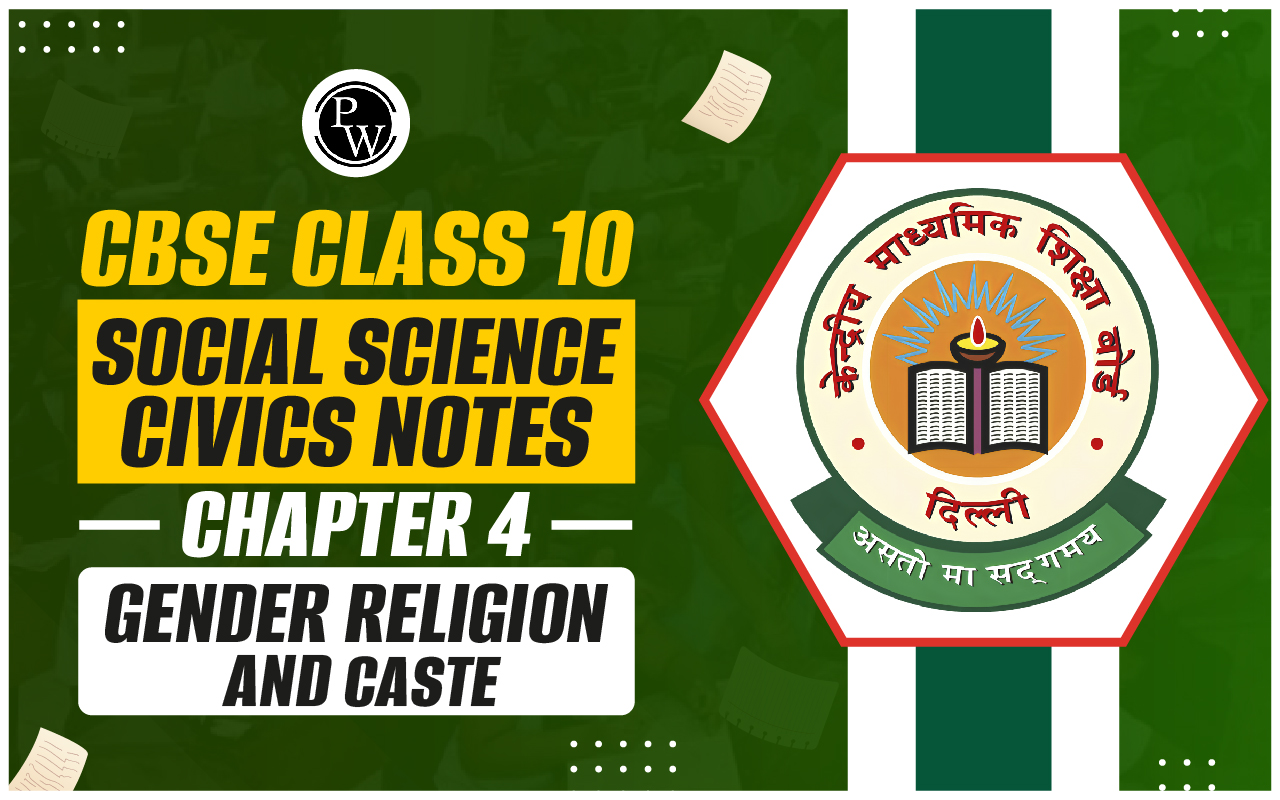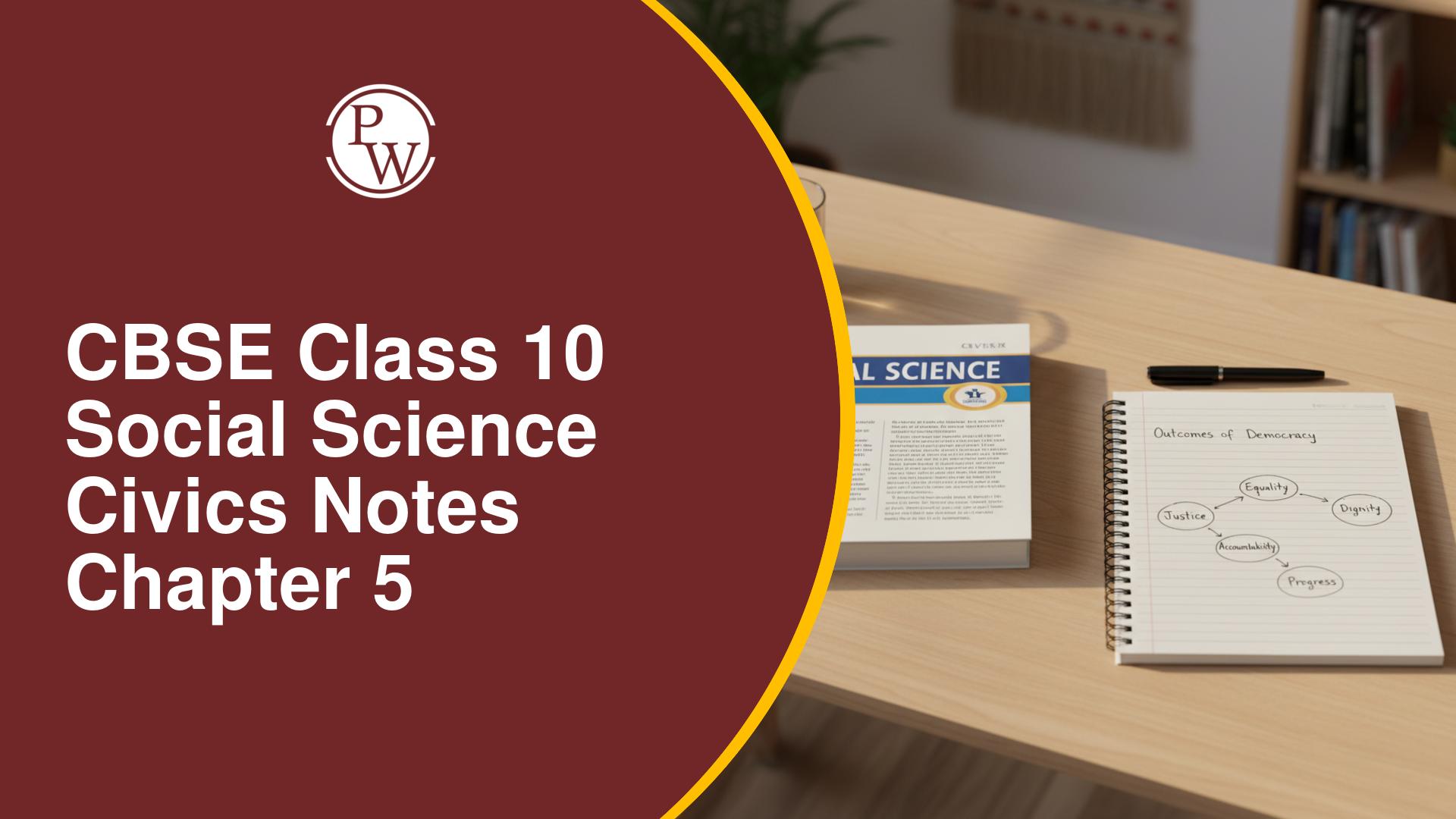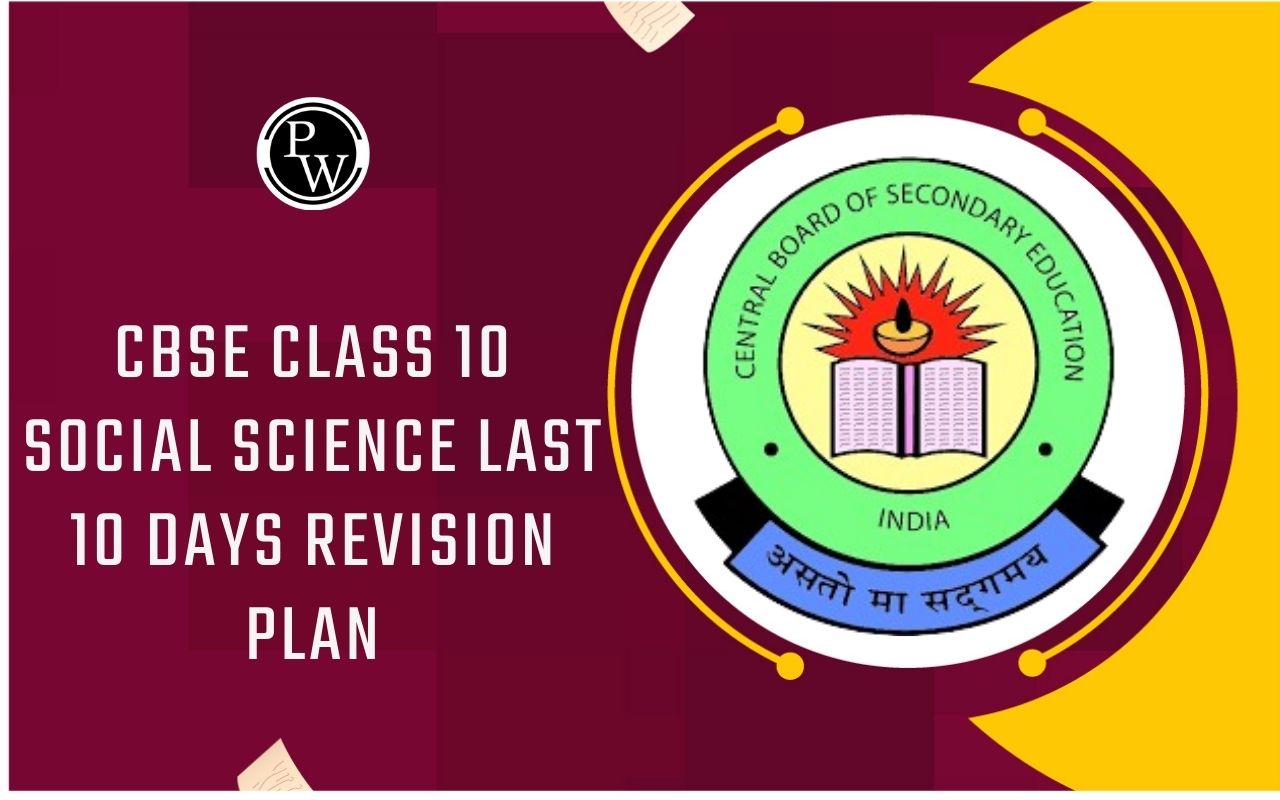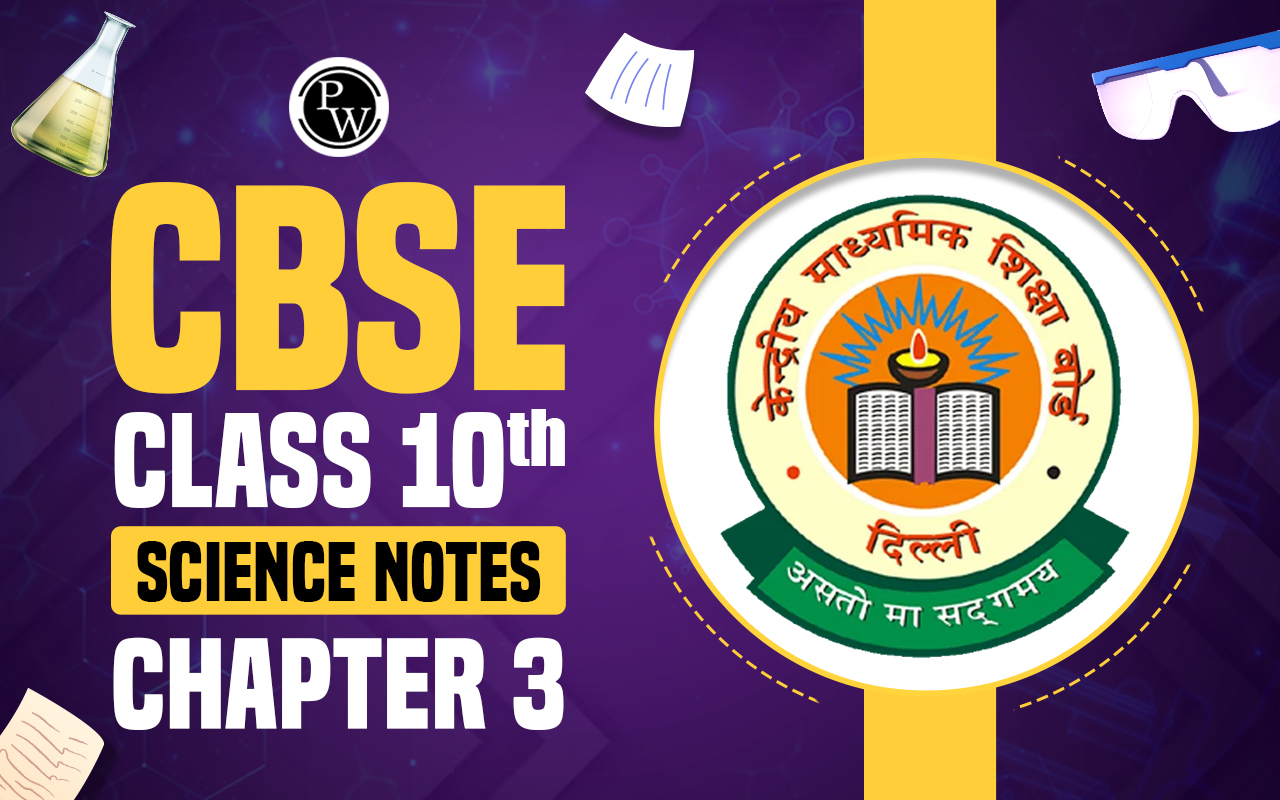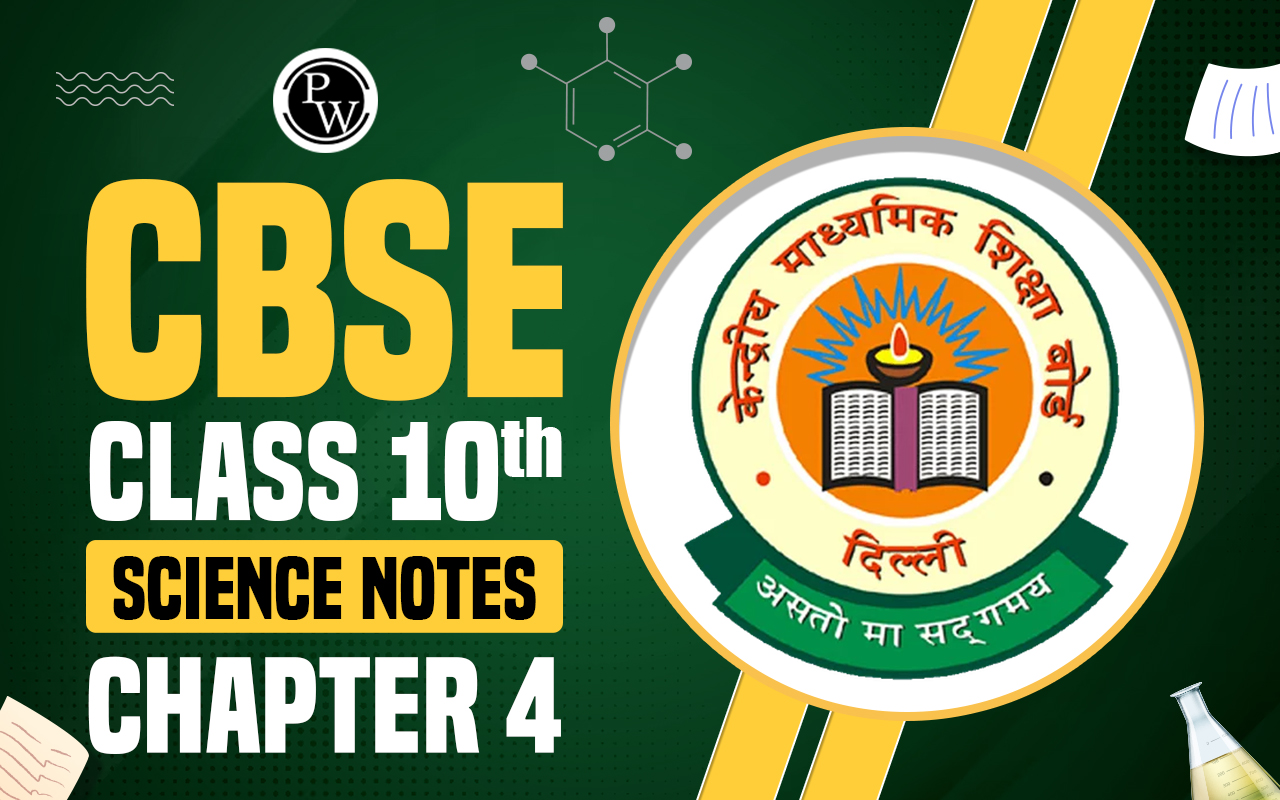
NCERT Solutions for Class 10 English First Flight Chapter 11: NCERT Solutions for Class 10 English First Flight Chapter 11 help students understand the funny yet meaningful play called "The Proposal." This chapter is about a play written by Anton Chekhov, a famous Russian writer. The solutions explain the story, characters, and themes in an easy way so students can understand them better.
They also answer questions from the textbook, which helps students think about the characters and what happens in the play. These solutions are great for studying for exams and checking understanding, making it easier for students to do well in English class.NCERT Solutions for Class 10 English First Flight Chapter 11 PDF
The NCERT Solutions for Class 10 English First Flight Chapter 11 PDF helps students with the play called "The Proposal." This chapter is about a funny play written by a famous writer named Anton Chekhov. The PDF explains the story, characters, and important ideas in an easy way. It also gives answers to questions from the textbook. This PDF is great for studying for tests and understanding the play better. It's a helpful resource for doing well in English class.NCERT Solutions for Class 10 English First Flight Chapter 11 PDF
NCERT Solutions for Class 10 English First Flight Chapter 11 The Proposal
Question 1:
What does Chubukov at first suspect that Lomov has come for? Is he sincere when he later says, “And I’ve always loved you, my angel, as if you were my own son”? Find reasons for your answer from the play.
Answer:
Chubukov suspects that Lomov has come to borrow money from him because Lomov is dressed formally. However, when Chubukov later says, "And I’ve always loved you, my angel, as if you were my own son," he is not sincere. This insincerity is evident from Chubukov's behavior throughout the play. He insults Lomov by calling him names like 'pettifogger,' 'old rat,' and 'Jesuit.' Additionally, Chubukov had already decided not to lend any money to Lomov if he asked. Therefore, when he suddenly changes his attitude after Lomov asks for his daughter's hand in marriage, it becomes clear that his earlier expressions of love and affection were not genuine. Instead, Chubukov's immediate change of heart suggests that he is more interested in arranging a marriage alliance between Lomov and his daughter than in genuinely caring for Lomov as a son-figure.Question 2:
Chubukov says of Natalya: “… as if she won’t consent! She’s in love; egad, she’s like a lovesick cat…” Would you agree? Find reasons for your answer.
Answer:
Chubukov believes that Lomov is an ideal match for his daughter, Natalya, and he eagerly anticipates Lomov's marriage proposal. When Lomov expresses doubts about Natalya's consent, Chubukov assures him that his daughter is indeed in love with him. However, throughout the play, Natalya constantly argues and disagrees with Lomov on various matters. Despite this, when Lomov leaves after their argument, Chubukov reveals to Natalya that Lomov had come to propose marriage. In response, Natalya becomes emotional and pleads with her father to bring Lomov back immediately, expressing her desire to see him again. Her heartfelt cries of "Bring him back! Back Ah! Bring him here. Quick, quick! Fetch him!" indicate her true feelings and show that she is indeed in love with Lomov, despite their earlier disagreements.Question 3:
(i) Find all the words and expressions in the play that the characters use to speak about each other and the accusations and insults they hurl at each other. (For example, Lomov, in the end, calls Chubukov an intriguer; but earlier, Chubukov has himself called Lomov a “malicious, doublefaced intriguer.” Again, Lomov begins by describing Natalya as “an excellent housekeeper, not bad-looking, well-educated.”)
(ii) Then think of five adjectives or adjectival expressions of your own to describe each character in the play.
(iii) Can you now imagine what these characters will quarrel about next?
Answer:
Thinking about Language (Page 157-159)
Question I:
1. This play has been translated into English from the Russian original. Are there any expressions or ways of speaking that strike you as more Russian than English? For example, would an adult man be addressed by an older man as my darling or my treasure in an English play?
Read through the play carefully, and find expressions that you think are not used in contemporary English, and contrast these with idiomatic modern English expressions that also occur in the play.
2. Look up the following words in a dictionary and find out how to pronounce them. Pay attention to how many syllables there are in each word, and find out which syllable is stressed, or said more forcefully.
| palpitations | interfere | implore | thoroughbred |
| pedigree | principle | evidence | misfortune |
| malicious | embezzlement | architect | neighbours |
| accustomed | temporary | behaviour | documents |
3. Look up the following phrases in a dictionary to find out their meaning, and then use each in a sentence of your own.
(i) You may take it that
(ii) He seems to be coming round
(iii) My foot’s gone to sleep
Answer:
1. The expressions that are not used in contemporary English include: (i) “my darling”, “my angel”, “my beloved”, “my beauty”, “my treasure” – All these expressions were used for an adult man by an older man. (ii) “…and all that sort of thing” – This expression does not explain anything and is used for a comic effect. (iii) “…and all that” – This expression is also used for comic effect and has no meaning. (iv) “how may you be getting on?” – In this expression, Lomov is asking Chubukov about his well-being. (v) “the scarecrow”, “the stuffed sausage”, “the wizen-faced frump” – These expressions were used by Chubukov to hurl abuses to Lomov. Some of the modern English expressions used in the play were: Lomov addressing Natalya: “Madam”, “my heart”, “honoured Natalya Stepanovna”. Lomov addressing Chubukov: “Honoured Stepan Stepanovitch”, “I beg pardon Stepan Honouritch”. Chubukov addressing Lomov: “My dear fellow”. Chubukov insulting Lomov: “malicious, double-faced intriguer”, “fool”, “guzzling gambler”. Natalya to Lomov: “shout yourself hoarse” 2. Activity to be done by yourself. 3. (i) You may take it that I’m lying, but I’m actually not feeling well. (ii) He seems to be coming round after he fell down, hit his head and fainted. (iii) My foot’s gone to sleep after exercising in the gym for two hours.Question II:
Reported Speech
You must have noticed that when we report someone’s exact words, we have to make some changes in the sentence structure. In the following sentences, fill in the blanks to list the changes that have occurred in the above pairs of sentences. One has been done for you.
1. To report a question, we use the reporting verb asked (as in Sentence Set 1).
2. To report a statement, we use the reporting verb ____________________________.
3. The adverb of place here changes to _____________________________________.
4. When the verb in direct speech is in the present tense, the verb in reported speech is in the _____________________________________ tense (as in Sentence Set 3).
5. If the verb in direct speech is in the present continuous tense, the verb in reported speech changes to _____________________ tense. For example, ___________________ changes to was getting .
6. When the sentence in direct speech contains a word denoting respect, we add the adverb ____________________ in the reporting clause (as in Sentence Set 1).
7. The pronouns I, me, our and mine, which are used in the first person in direct speech, change according to the subject or object of the reporting verb such as , _________________, _____________________, __________________ or _______________ in reported speech.
Answer:
2. To report a statement, we use the reporting verb said/declared . 3. The adverb of place here changes to there . 4. When the verb in direct speech is in the present tense, the verb in reported speech is in the past tense. 5. If the verb in direct speech is in the present continuous tense, the verb in reported speech changes to past continuous tense. For example, am getting changes to was getting . 6. When the sentence in direct speech contains a word denoting respect, we add the adverb respectfully in the reporting clause. 7. The pronouns I, me, our and mine, which are used in the first person in direct speech, change according to the subject or object of the reporting verb such as he/she, him/her, their or his/her’s in reported speech.Question III:
Here is an excerpt from an article from the Times of India dated 27 August 2006. Rewrite it, changing the sentences in direct speech into reported speech. Leave the other sentences unchanged.
“Why do you want to know my age? If people know I am so old, I won’t get work!” laughs 90-year-old A. K. Hangal, one of Hindi cinema’s most famous character actors. For his age, he is rather energetic. “What’s the secret?” we ask. “My intake of everything is in small quantities. And I walk a lot,” he replies. “I joined the industry when people retire. I was in my 40s. So I don’t miss being called a star. I am still respected and given work, when actors of my age are living in poverty and without work. I don’t have any complaints,” he says, adding, “but yes, I have always been underpaid.” Recipient of the Padma Bhushan, Hangal never hankered after money or materialistic gains. “No doubt I am content today, but money is important. I was a fool not to understand the value of money earlier,” he regrets.
Answer:
At 90 years old, A.K. Hangal, a prominent character actor in Hindi cinema, jovially questioned why anyone would want to know his age, fearing it might affect his job prospects. Despite his age, he remains remarkably energetic, attributing his vitality to moderation in all things and regular walks. Hangal entered the film industry at an age when most people retire, joining in his 40s and avoiding the pressures of stardom. Despite this, he continues to be respected and employed, unlike many of his peers who struggle financially. Despite being underpaid throughout his career, Hangal, a Padma Bhushan awardee, emphasizes that he never chased after money or material possessions. While he admits to feeling content presently, he acknowledges the importance of financial stability, lamenting that he failed to appreciate its value earlier in life.Speaking and Writing (Page 159)
Question 1:
Anger Management: As adults, one important thing to learn is how to manage our temper. Some of us tend to get angry quickly, while others remain calm.
Can you think of three ill effects that result from anger? Note them down. Suggest ways to avoid losing your temper in such situations. Are there any benefits from anger?
Answer:
There are various ill-effects of anger. Three ill-effects that result from anger are listed below:- It causes headaches and health problems.
- It gives rise to anxiety and blood pressure.
- It ruins relationships with people.
- It makes us aware of injustice and helps us voice our opinion against it.
- It motivates us to stay focused and helps in solving disputes and facilitating negotiations among people.
Question 2:
In pairs, prepare a script based on the given excerpt from The Home and the World by Rabindranath Tagore. You may write five exchanges between the characters with other directions such as movements on stage and way of speaking, etc.
One afternoon, when I happened to be specially busy, word came to my office room that Bimala had sent for me. I was startled.
“Who did you say had sent for me?” I asked the messenger.
“The Rani Mother”.
“The Bara Rani?”
“No, sir, the Chota Rani Mother.”
The Chota Rani! It seemed a century since I had been sent for by her. I kept them all waiting there, and went off into the inner apartments. When I stepped into our room I had another shock of surprise to find
Bimala there with a distinct suggestion of being dressed up. The room, which from persistent neglect, had latterly acquired an air of having grown absent-minded, had regained something of its old order this afternoon. I stood there silently, looking enquiringly at Bimala.
She flushed a little and the fingers of her right hand toyed for a time with the bangles on her left arm. Then she abruptly broke the silence.
“Look here! Is it right that ours should be the only market in all Bengal which allows foreign goods?”
“What, then, would be the right thing to do?” I asked.
“Order them to be cleared out!”
“But the goods are not mine.”
“Is not the market yours?”
“It is much more theirs who use it for trade.”
“Let them trade in Indian goods, then.”
“Nothing would please me better. But suppose they do not?”
“Nonsense! How dare they be so insolent? Are you not…”
“I am very busy this afternoon and cannot stop to argue it out. But I must refuse to tyrannise.”
“It would not be tyranny for selfish gain, but for the sake of the country.”
“To tyrannise for the country is to tyrannise over the country. But that I am afraid you will never understand.” With this I came away.
Answer:
Activity to be done by yourself.Question 3:
In groups, discuss the qualities one should look for in a marriage partner.
You might consider the following points.
• Personal qualities
– Appearance or looks
– Attitudes and beliefs
– Sense of humour
• Value system
– Compassion and kindness
– Tolerance, ambition
– Attitude to money and wealth
• Education and professional background
Answer:
Activity to be done by yourself.Question 4:
Are there parts of the play that remind you of film scenes from romantic comedies? Discuss this in groups, and recount to the rest of the class episodes similar to those in the play.
Answer:
Activity to be done by yourself.Benefits of NCERT Solutions for Class 10 English First Flight Chapter 11
Comprehensive Understanding : The solutions provide detailed explanations of the play "The Proposal" by Anton Chekhov, helping students understand the plot, characters, themes, and literary devices used in the text.
Exam Preparation : Students can use the solutions to prepare for exams by practicing answers to textbook questions and exercises, which are essential for scoring well in exams and assessments.
Language Proficiency : The solutions aid in improving language proficiency by providing examples of correct grammar usage, vocabulary, and sentence structures found in the play.
Critical Thinking and Analysis : By encouraging students to analyze characters, conflicts, and themes critically, the solutions promote higher-order thinking skills and literary analysis, fostering a deeper appreciation of the text.
Self-Assessment and Revision : Students can use the solutions for self-assessment and revision, identifying areas of strength and weakness and reinforcing their understanding of the chapter's content.
NCERT Solutions of Class 10 English First Flight Chapter 11 FAQs
What is the play "The Proposal" about?
Who are the main characters in "The Proposal"?
What is the conflict in "The Proposal"?
What is the resolution of "The Proposal"?

